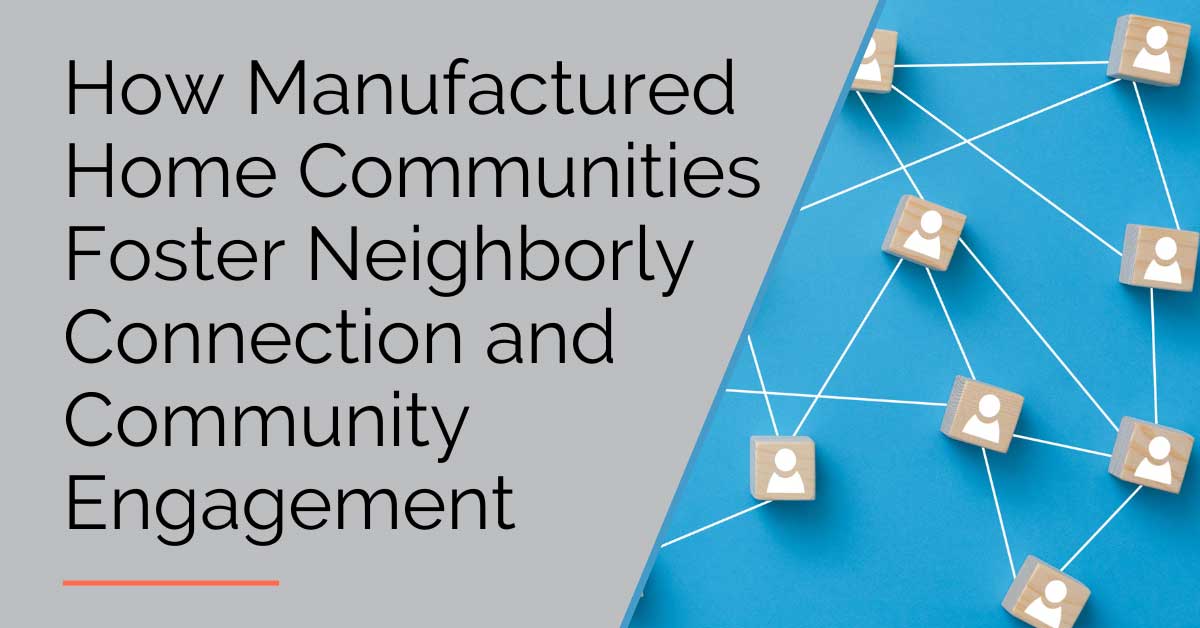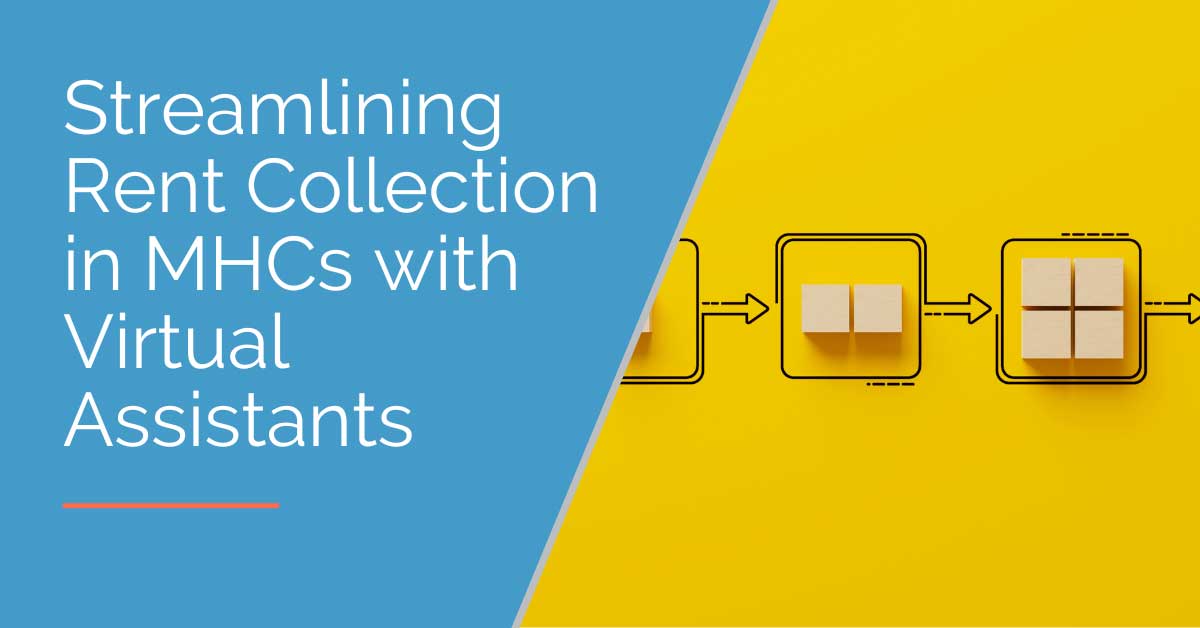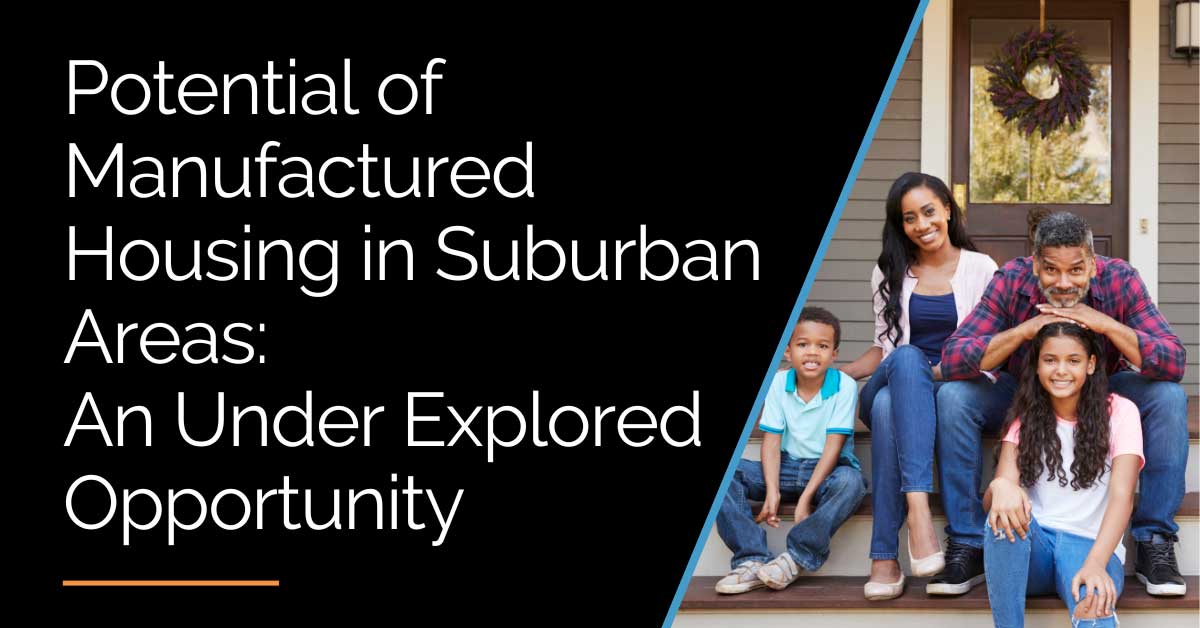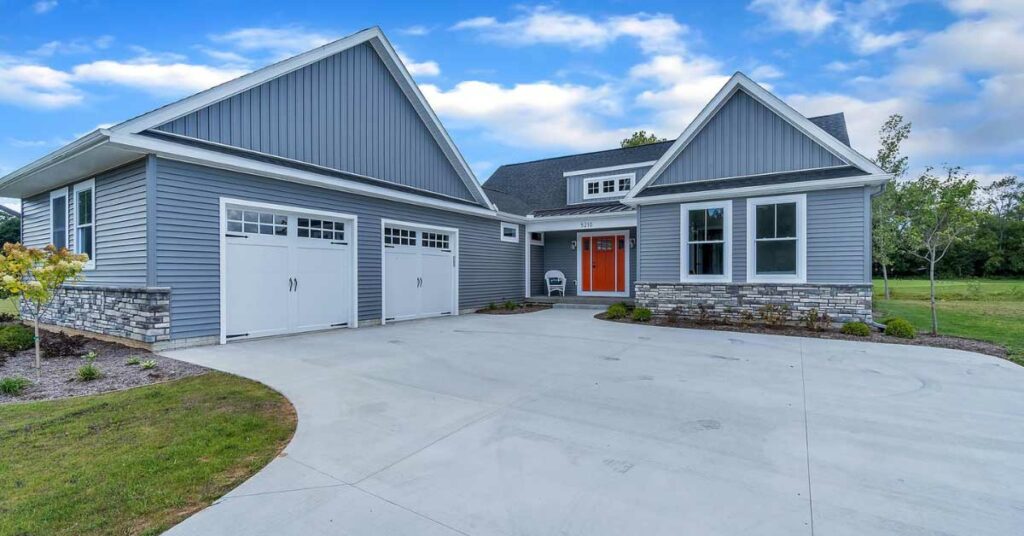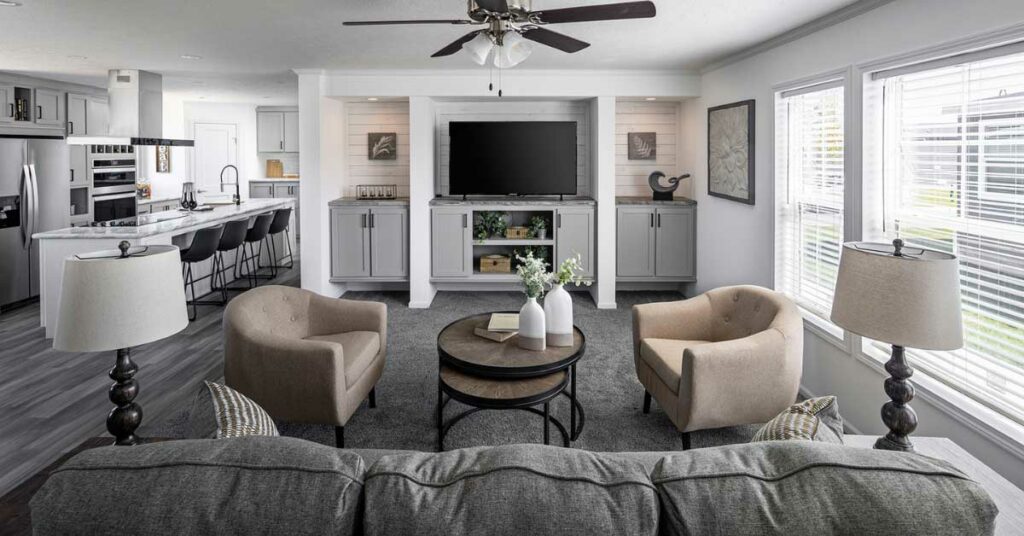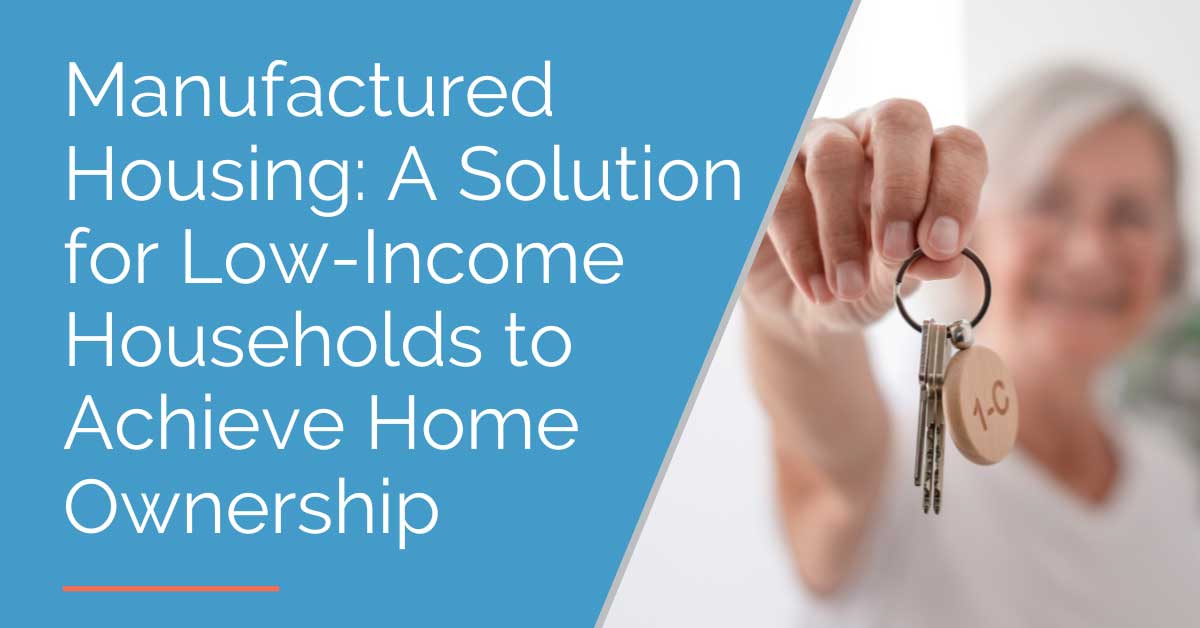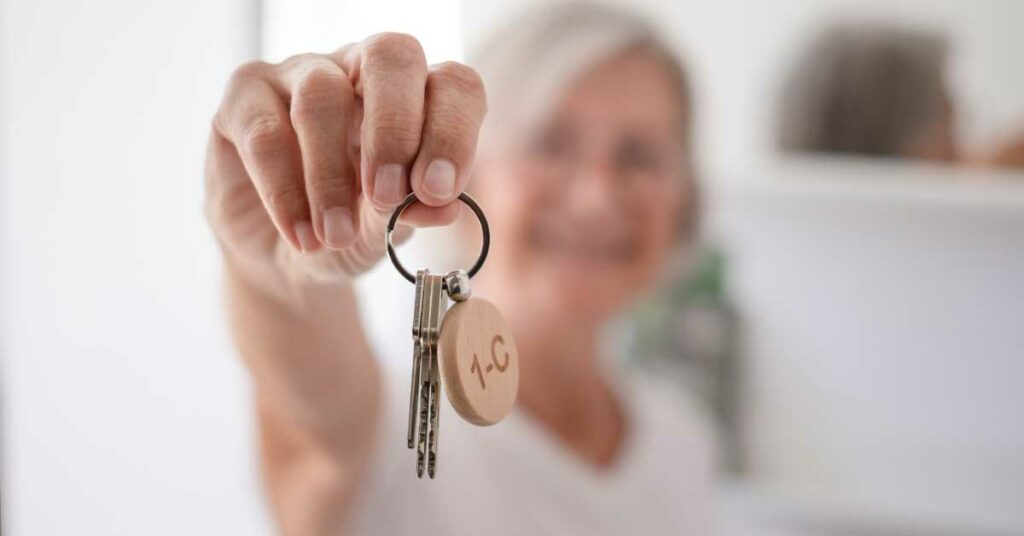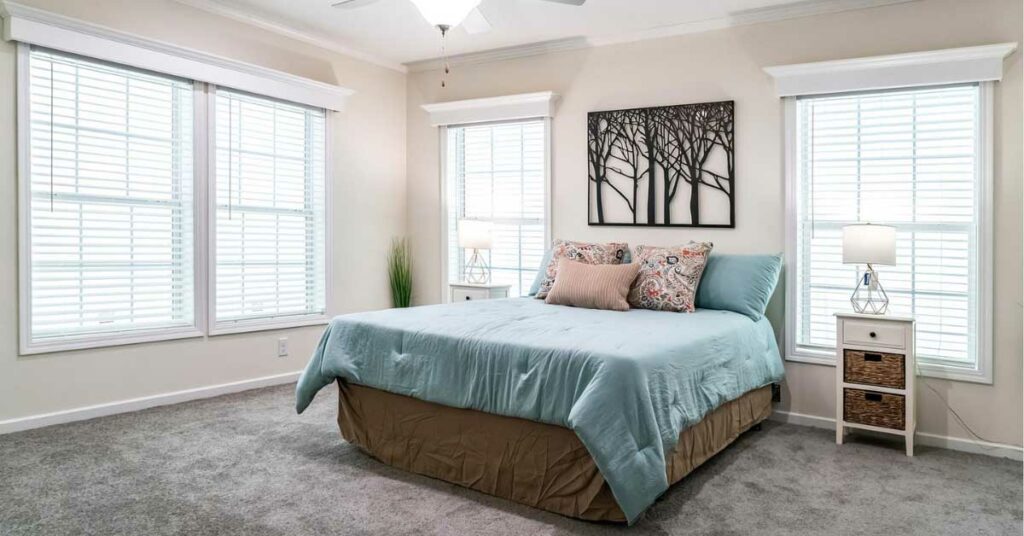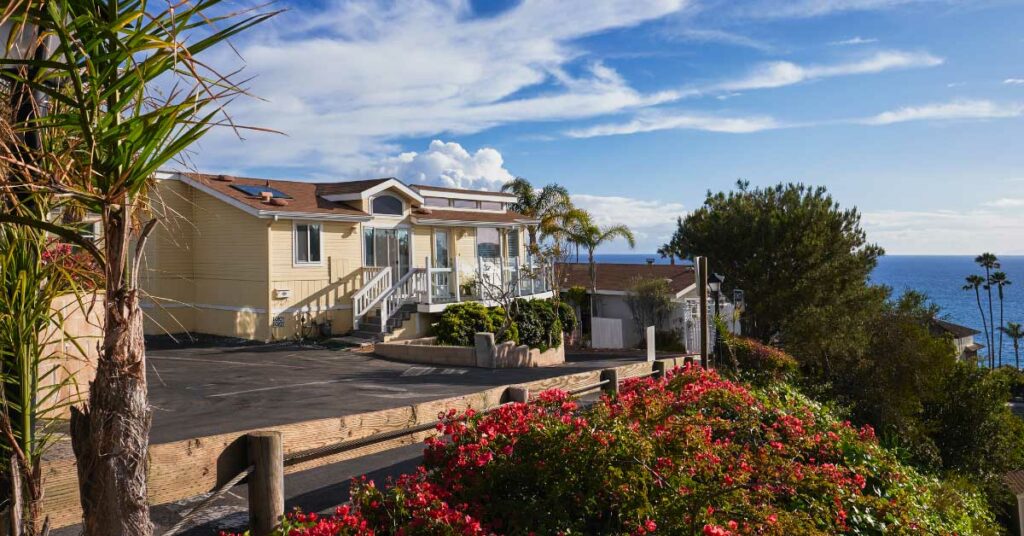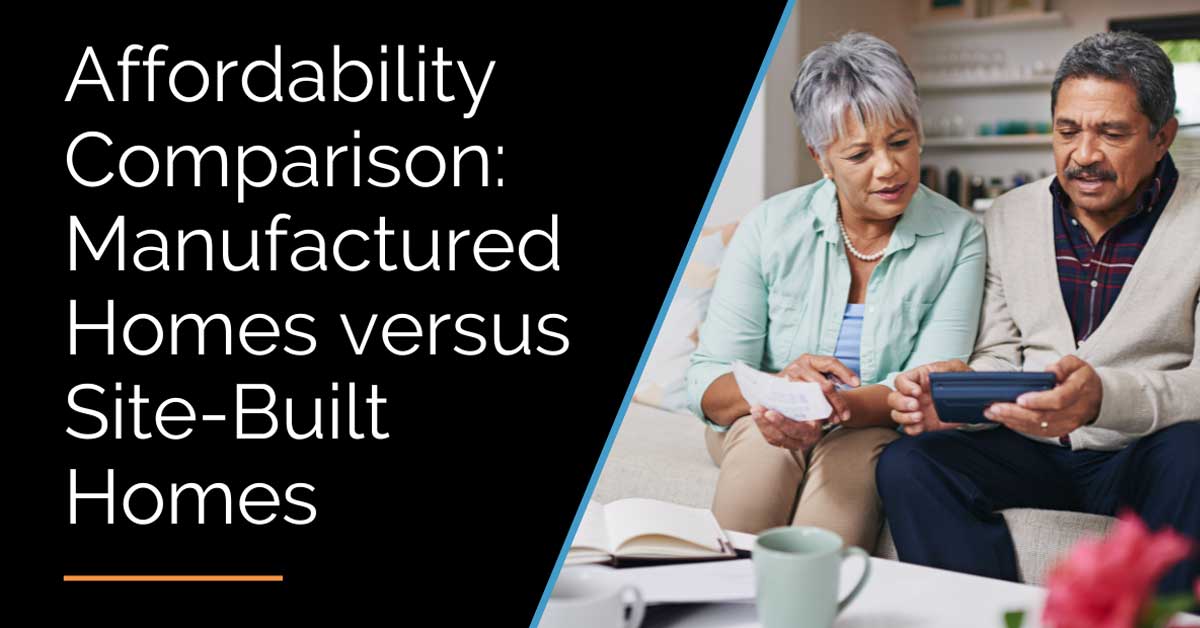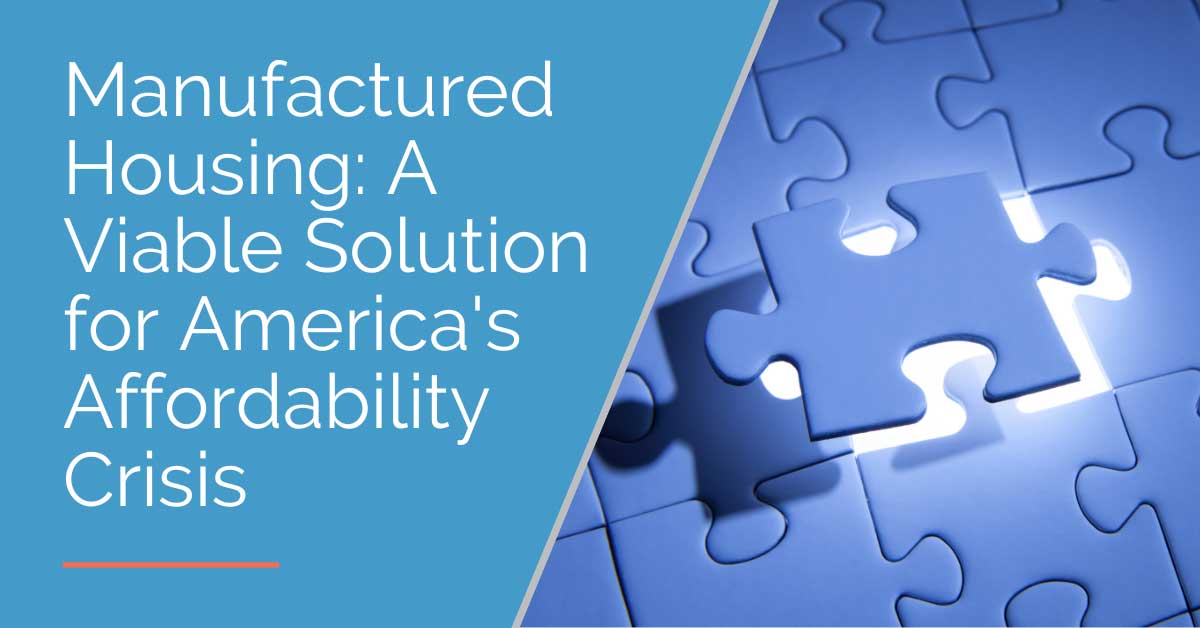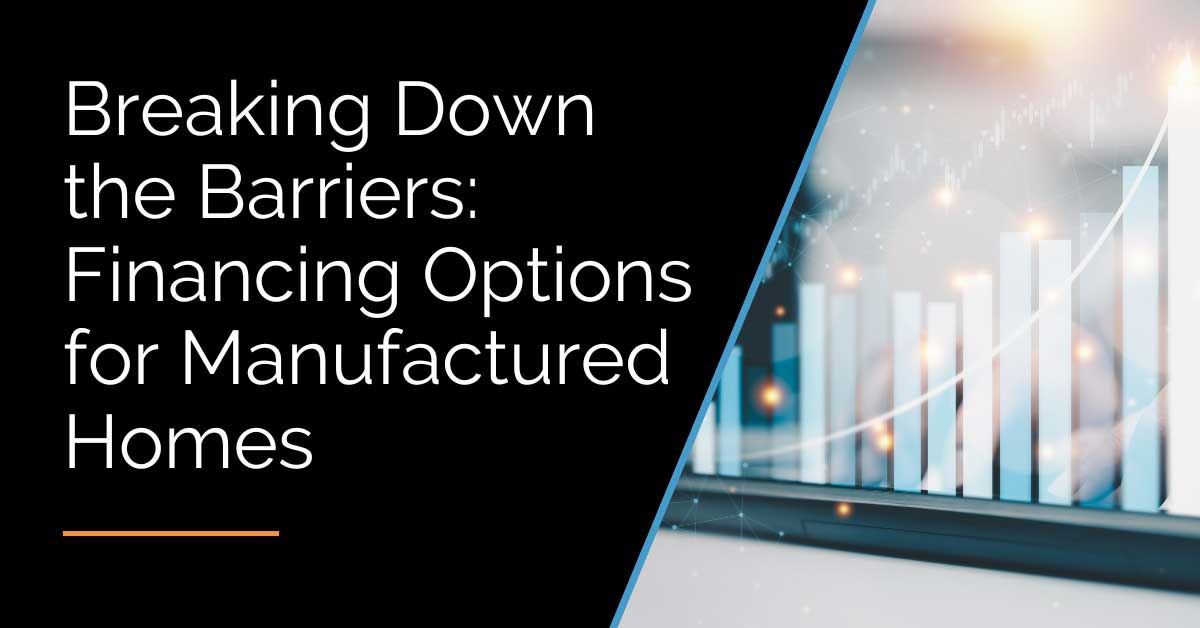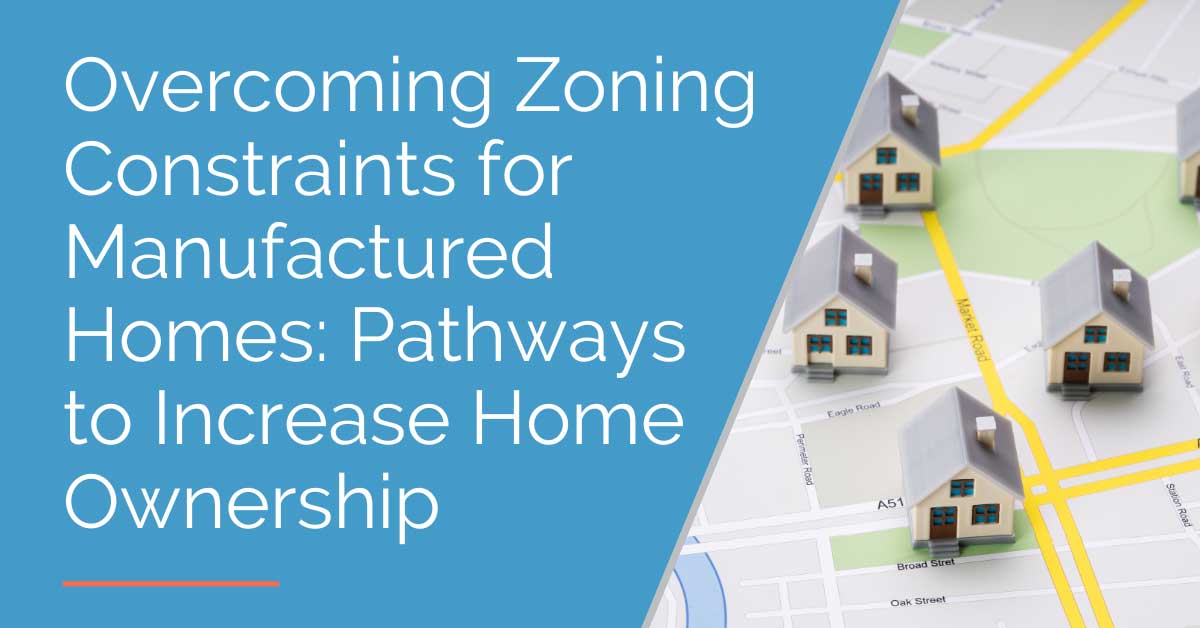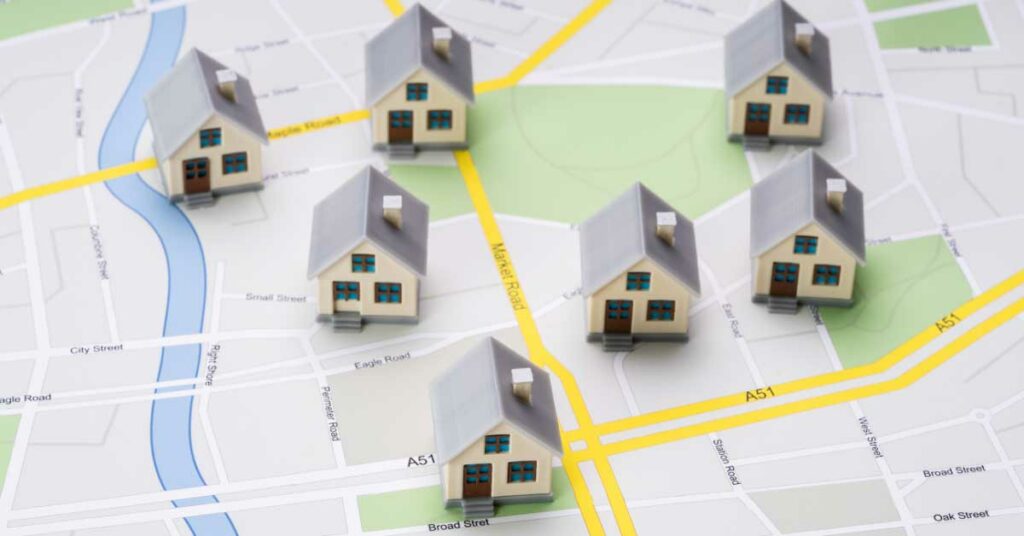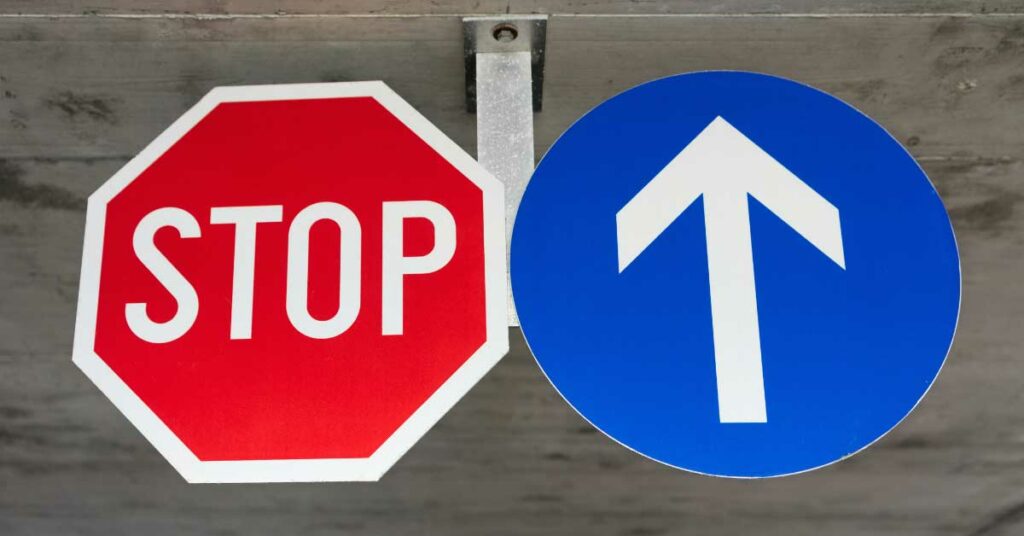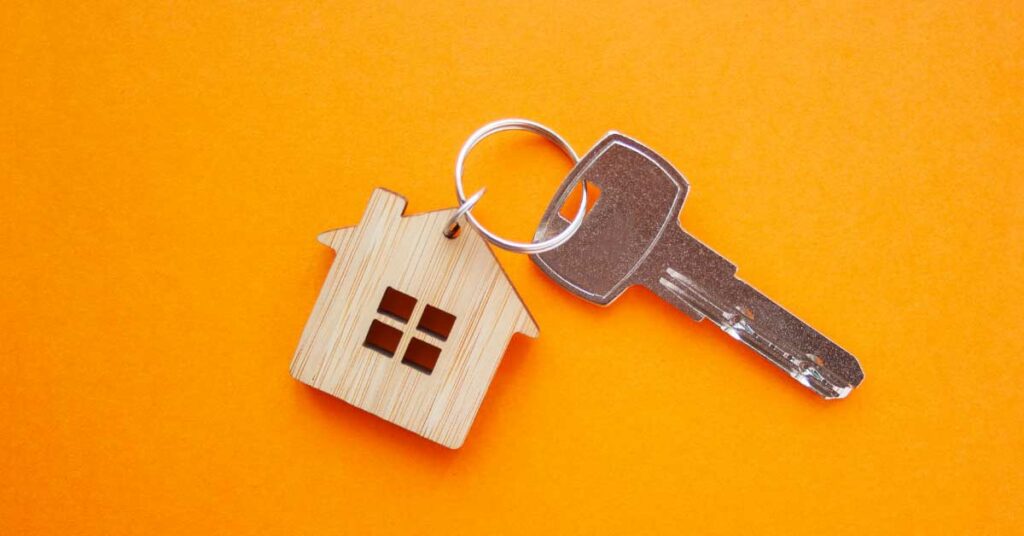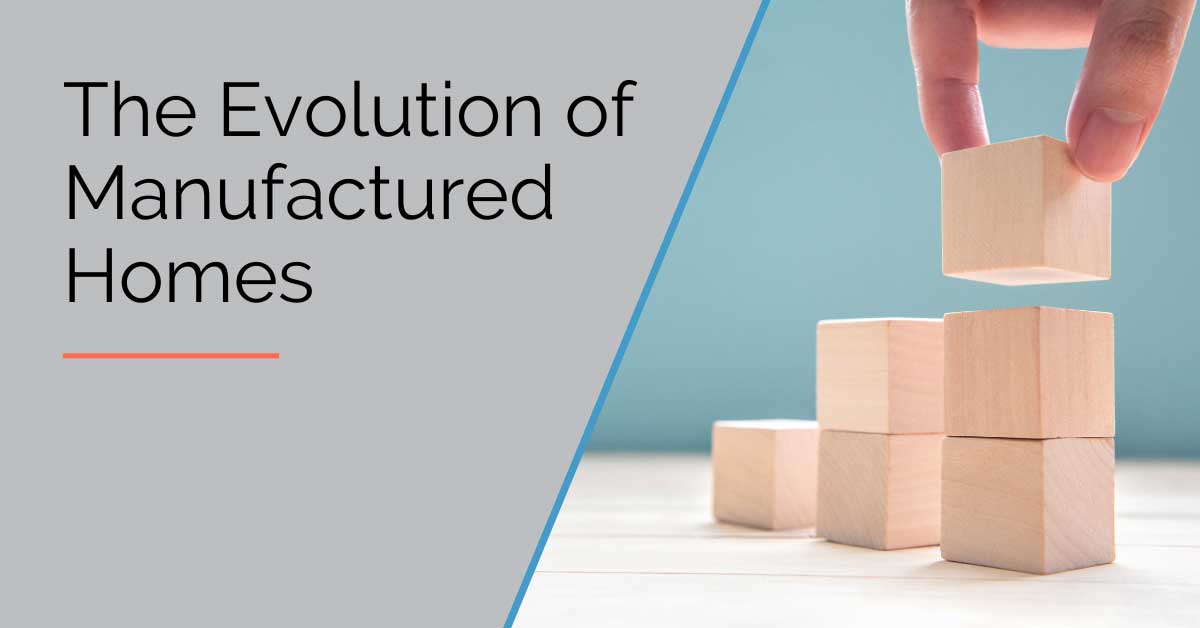How Manufactured Home Communities Foster Neighborly Connection and Community Engagement
Living in a manufactured home community has been a preferred lifestyle for many people.
Mobile homes have brought affordable living options to people from every walk of life, making the homeownership dream a reality.
Homeowners in manufactured home communities often feel a sense of community among the residents. This atmosphere is fostered by the many benefits of living in a manufactured home community, which include neighborly connection and community engagement.
In this article, we will discuss in detail how manufactured home communities promote such connections and engagement.

Communal Amenities
A significant advantage of living in a manufactured home community is the array of communal amenities that promote connections among residents.
These amenities might include parks, swimming pools, fitness centers, and clubhouses.
These spaces provide residents with the opportunity to meet and interact. They facilitate engagements that would not have been possible within the confines of individual homes.
For instance, a community pool might be an ideal place for parents to watch and network while their children swim.

Shared Activities
Another way in which manufactured home communities foster neighborly connections and community engagement is through shared activities.
Many mobile home parks have internet message boards or group pages where diverse activities are uploaded for the community to participate in. This might include music concerts, book clubs, holiday events, and food festivals.
The sense of ownership gives rise to a desire for every resident to take part. This, in turn, creates a feeling of belonging and ownership within the community.
Moreover, shared experiences such as these create a bond among residents, which is crucial to the well-being of the community as a whole.

Involvement in Community Governance
Living in a mobile home community comes with the responsibility of participating in community governance.
Residents often elect community leaders who help in managing the affairs of the community. This setup gives residents an opportunity to actively participate in the decision-making progress and better understand community laws and regulations.
It also provides residents with a sense of responsibility and ownership, laying the foundation for communal engagement.
Counseling and Support Services
Living in a community demands that residents support one another. Manufactured home communities provide counseling and support services to residents.
They provide services such as conflict resolution, family counseling, and mental health counseling. This has a positive impact that extends beyond just the strength of the community.
The productive and positive environment encourages community members to act with empathy and kindness, which further boosts their well-being.

Enhanced Security
Security is an essential factor in promoting personal and communal cooperation.
Manufactured home communities provide enhanced security protocols to protect their residents. This fosters a sense of safety among residents while they engage with one another.
Security measures such as gates, surveillance cameras, and patrol guards keep residents safe and provide a secure environment for communal activities.
Final Thoughts
In conclusion, mobile home communities are convenient, and affordable, and can foster neighborly connections and community engagement.
They provide resources that promote social interaction, shared community activities, community governance and support services. These resources bring residents out of the confines of their individual homes and provide opportunities to engage with their neighbors.
The sense of ownership and responsibility for the community shows how closely knit the community is, a great aspect when it comes to communal cooperation.
Ultimately, the benefits of living in manufactured home communities extend beyond the individual, facilitating happy and healthy communities.
About the Author
Anequim is a leading provider of skilled, bilingual virtual assistants, offering comprehensive services tailored to entrepreneurs, property managers, and small to mid-size businesses.
Specializing in recruitment, learning and development, and performance management, Anequim’s team creates tailored solutions for various industries, including property management. From leasing calls to accounting and marketing support, Anequim ensures seamless integration and exceptional support.
Looking to create an exceptional team of Remote Professionals to drive your business forward? Visit Anequim today and discover how they can meet your unique needs.

